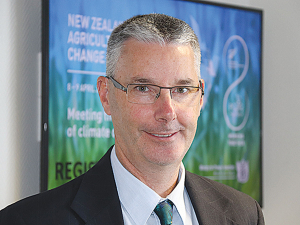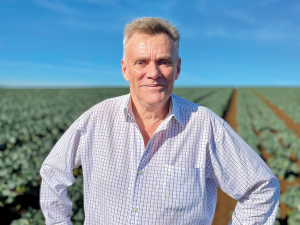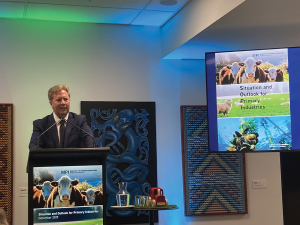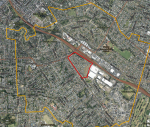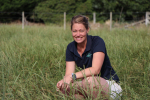Climate change may force the kiwifruit industry to look for new places to grow its vines – especially the green hayward variety.
NIWA’s new chief scientist for climate, atmosphere and hazards, Dr Andrew Tait, says the hayward variety needs a cold winter to induce bud break and flowering in spring. But as Bay of Plenty becomes warmer in winter, achieving this will naturally become more difficult, he says.
“At present, one of the adaptation strategies to counter the warmer winters is to apply a chemical called Hi Cane, short for hydrogen cyanimide, used to stimulate some of that bud break when they don’t get the sufficient winter chilling they want naturally,” Tait told Hort News.
“There are ways of fooling the plant to do what nature does, but during our study of the kiwifruit industry there were questions being asked about the use of this chemical in respect of the market accepting it.”
Tait says the use of chemical could become a food safety issue and so the industry may need to look at other adaptation responses, e.g. looking at regions with cooler winters which could naturally trigger bud break and spring flowering.

